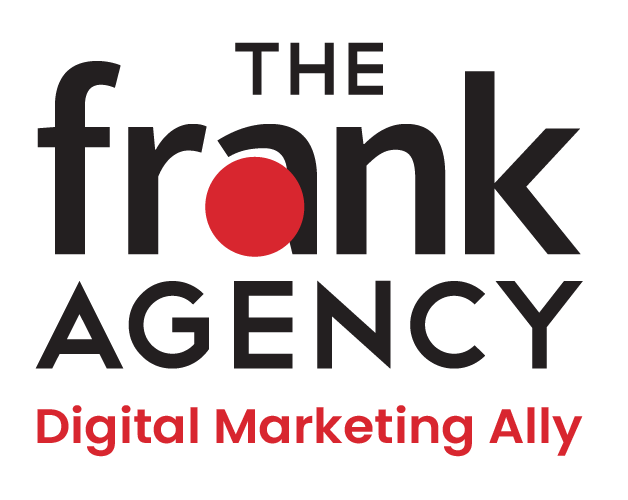What is a Target Market?
A target market refers to the specific group of customers or businesses that a company aims to serve with its products or services. It involves identifying the characteristics, preferences, and behaviors of the individuals or entities most likely to be interested in what you offer.
The Importance of Identifying Your Target Market Identifying and understanding your target market is crucial for several reasons:
- Efficient Resource Allocation: By defining your target market, you can focus your resources on reaching the right audience. This reduces wastage and allows you to allocate your time, money, and efforts more efficiently.
- Better Customer Understanding: A deep understanding of your target market enables you to comprehend your customers’ needs, desires, and pain points. This knowledge empowers you to develop products and services that solve their problems and enhance their lives.
- Tailored Marketing Strategies: Knowing your target market helps you craft targeted marketing messages and strategies that resonate with their interests and values. By delivering personalized and relevant content, you can grab their attention and build stronger connections.
- Competitive Edge: By narrowing down your focus to a specific target market, you gain a competitive edge. You can differentiate yourself from competitors by tailoring your offerings specifically to meet the needs of your chosen market segment.
- Improved Customer Acquisition and Retention: Understanding your target market allows you to design effective customer acquisition and retention strategies. By providing tailored solutions and exceptional customer experiences, you can attract new customers and nurture long-term relationships.
Identifying Your Target Market:
To successfully identify your target market, consider the following steps:
- Market Research: Conduct thorough market research to understand industry trends, competition, and customer demographics. Analyze data to gain insights into the needs, preferences, and behaviors of your potential customers.
- Customer Profiling: Create customer profiles or buyer personas that represent your ideal customers. Include details like age, gender, interests, challenges, and buying behavior. These profiles help you visualize and understand your target market better.
- Segmentation: Divide your target market into distinct segments based on shared characteristics or needs. This segmentation allows you to customize your marketing efforts and offerings for different groups within your target market.
- Feedback and Analytics: Gather feedback from existing customers and analyze website analytics, social media insights, and other data sources. These sources provide valuable information about customer behavior, preferences, and engagement patterns.
- Continuous Evaluation: Regularly evaluate and update your understanding of your target market. Markets evolve, and customer preferences change over time. Stay connected with your audience and adapt your strategies accordingly.
Tailoring Strategies for Success:
Once you have a clear understanding of your target market, implement strategies to effectively reach and serve them:
- Personalized Marketing Messages: Craft marketing messages that resonate with your target market’s needs, desires, and aspirations. Personalize your content to make it more relevant and compelling to your audience.
- Targeted Advertising Channels: Choose advertising channels that align with your target market’s preferences and behavior. Whether it’s social media platforms, search engine optimization, or traditional advertising, focus on channels where your target market is most likely to be present.
- Product Customization: Adapt your products or services to cater to the specific needs and preferences of your target market. Customize features, pricing, and packaging to create value and meet their expectations.
- Exceptional Customer Experience: Provide exceptional customer experiences that exceed your target market’s expectations. Focus on delivering outstanding service, addressing their pain points, and offering personalized support throughout the customer journey.
- Continuous Market Research: Keep a pulse on the evolving needs and preferences of your target market. Stay updated with industry trends and competitors to ensure your offerings remain relevant and competitive.
Identifying and understanding your target market is the foundation of sustainable business growth. By narrowing your focus, tailoring strategies, and continuously adapting to customer needs, you can maximize impact while reducing wasted effort. Businesses that invest in knowing their audience not only acquire new customers but also build long-term loyalty and a strong competitive edge. If you’re ready to sharpen your strategy and connect with the right audience, The frank Agency can help. Our proven expertise in B2B SEO services
ensures your brand reaches decision-makers with precision, driving measurable growth and lasting results.



